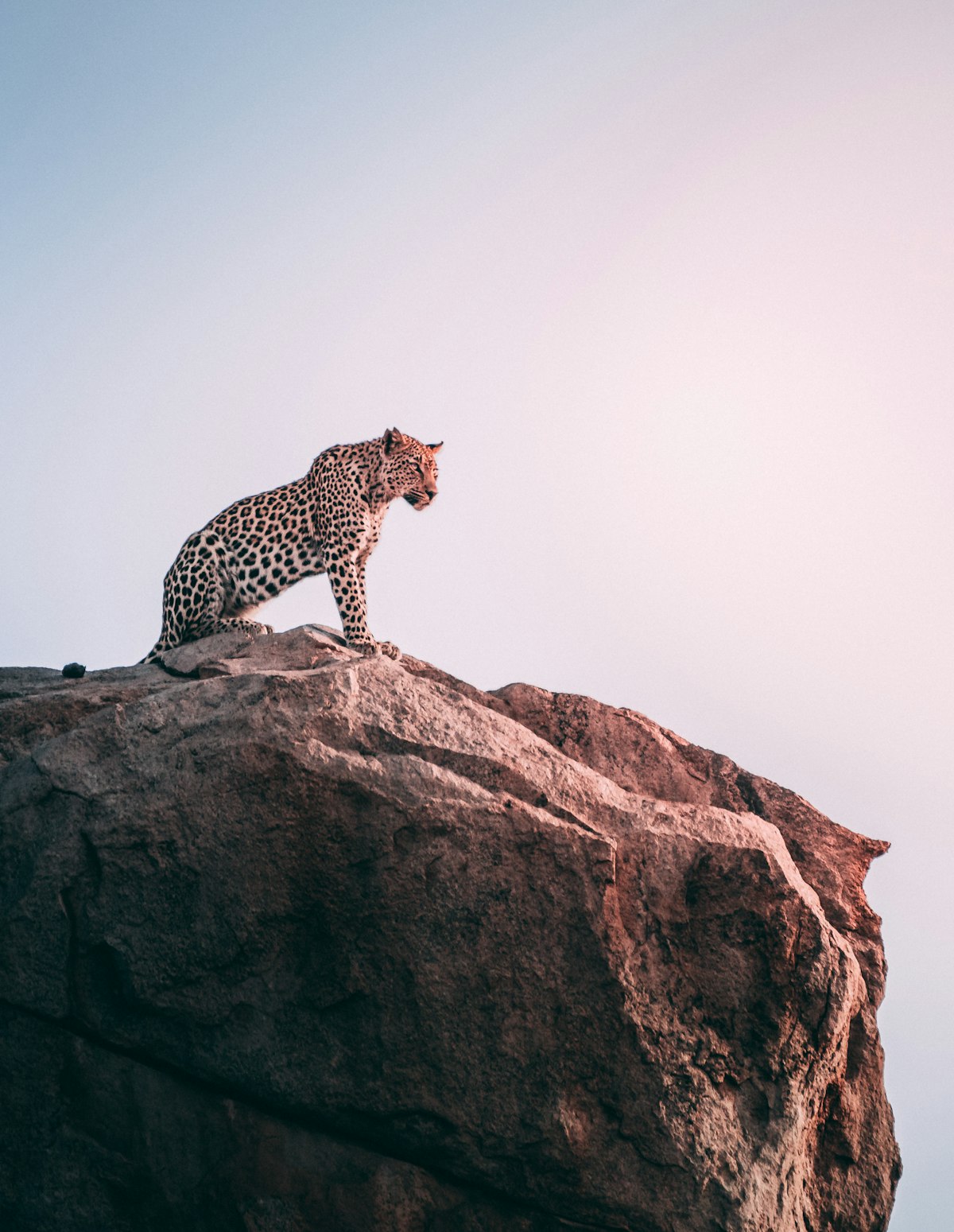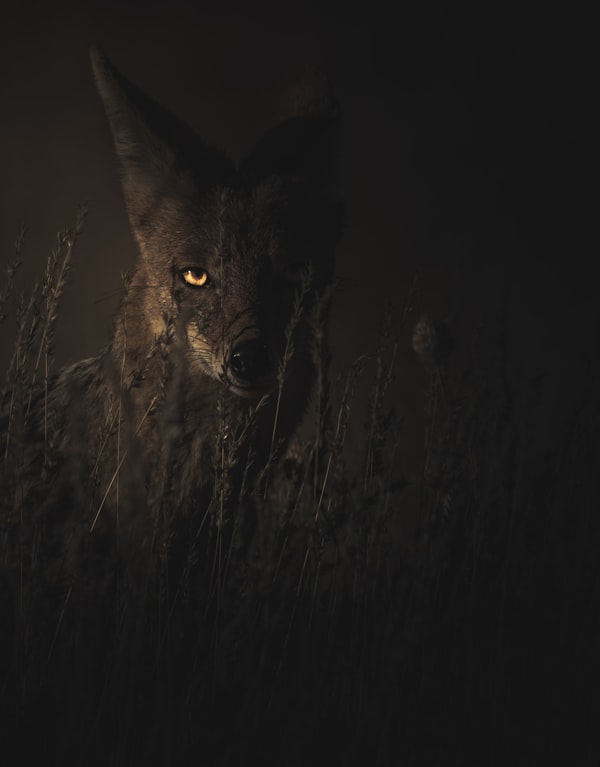The Sinister Rhino Horn Trade: Uncovering the Dark Side

A Sinister Trade: The Illegal Rhino Horn Market
The illegal rhino horn trade is a thriving industry that surpasses the value of gold, diamonds, or cocaine. This lucrative endeavor flourishes in both Africa and Asia, and it serves as a cornerstone of significant criminal activity. One man, Steve Galster, has dedicated his life to combating wildlife trafficking and shedding light on the heart of this perilous trade.
Galster's journey began in the 1990s when he identified poaching as a funding source for criminal groups involved in severe insurgencies. The scarcity of rhino horn, which can fetch prices as high as $65,000 per kilogram, makes it an irresistible target for poachers. Despite the lack of scientific evidence indicating any medicinal benefits, these horns are often falsely marketed as cancer treatments or luxury art commodities.
One key figure in this narrative is Vixay Keosavang, the notorious leader of the Xaysavang Network. Dubbed the 'Pablo Escobar of wildlife trafficking,' Keosavang's illicit activities drew the attention of the U.S. State Department, which offered a reward of up to $1 million for information leading to the dismantlement of the network.
A breakthrough in the investigation came when Galster's team uncovered Chumlong Lemtongthai, the mastermind behind pseudo-hunts in South Africa. These fraudulent hunting operations were designed to illegally obtain rhino horns for Keosavang's network. Despite being sentenced to 40 years in prison, Lemtongthai only served six years before walking free.
Galster firmly believes that legal trade in wildlife fuels illegal activities. He argues for an end to commercial trade, highlighting its role in enabling a small elite to profit and the potential risk of zoonotic diseases. Law enforcement and wildlife protectors face numerous challenges in combating wildlife smuggling, but Galster sees banning commercial trade as a step in the right direction.
This intricate web of crime, profit, and wildlife protection is explored in the documentary 'The Great Rhino Robbery,' available on Sky Documentaries and the streaming service NOW.

